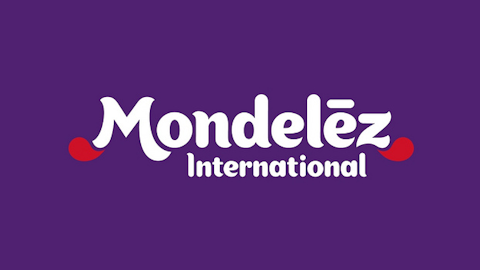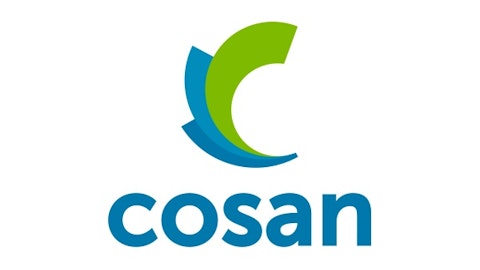Competitors
Major publicly traded competitors of General Mills include Kellogg Company (NYSE:K), The J.M. Smucker Company (NYSE:SJM), Mondelez International Inc (NASDAQ:MDLZ), and Unilever N.V. (NYSE:UN).
Kellogg is valued at $22.42 billion, pays out a dividend yielding 2.84%, and carries a price to earnings ratio of 24.53. Kellogg is the largest and most prominent threat to General Mills, Inc. (NYSE:GIS), as Kellogg Company (NYSE:K)’s core business is concentrated in the cereal and breakfast sector. Late in 2011, the company’s TTM profit margin fell below the 10% mark, and currently sits at the 6.25% level.
The J.M. Smucker Company (NYSE:SJM) is valued at $10.95 billion, pays out a dividend yielding 2.06%, and carries a price to earnings ratio of 21.51. J.M. Smucker’s brand portfolio encompasses jams, jellies, preserves, and other items, but the core of their business does not compete against General Mills. Smucker’s business model is strong and profitable with a TTM profit margin of 8.76%.
Mondelez International Inc (NASDAQ:MDLZ) is valued at $52.60 billion, pays out a dividend yielding 1.76%, and carries a price to earnings ratio of 29.77. Mondelez’s vast brand portfolio includes 52 snack food and beverages brands. The company recently spun off from Kraft Foods, taking the higher growth snack segment with it. Mondelez’s business model is fundamentally sound with a TTM profit margin of 9.08%.
Unilever is valued at $115.48 billion, pays out a dividend yielding 3.15%, and carries a price to earnings ratio of 20.40. Unilever’s product portfolio not only includes food, but also possesses a dominant force in the personal care, home care, and refreshment industries. Fundamentally the company’s business model is healthy with a TTM profit margin of 9.61%.
The Foolish Bottom Line
Financially, the only weakness of the company is its minor debt load. The company possesses a historic track record of solid revenue growth, a growing dividend, and a broad and diversified business which can withstand the difficulties of economic downfall. Looking forward, the company will derive growth from its Latin America and Asia Pacific regions, and should experience slight growth domestically due to product innovation. All in all, General Mills, Inc. (NYSE:GIS) is a recession proof business and is a tremendously safe long-term investment, however investors should wait for a pullback from these all-time highs before pouring in.
Ryan Guenette has no position in any stocks mentioned. The Motley Fool has no position in any of the stocks mentioned.
The article A Staple of the Global Consumer Foods Industry originally appeared on Fool.com.
Copyright © 1995 – 2013 The Motley Fool, LLC. All rights reserved. The Motley Fool has a disclosure policy.




